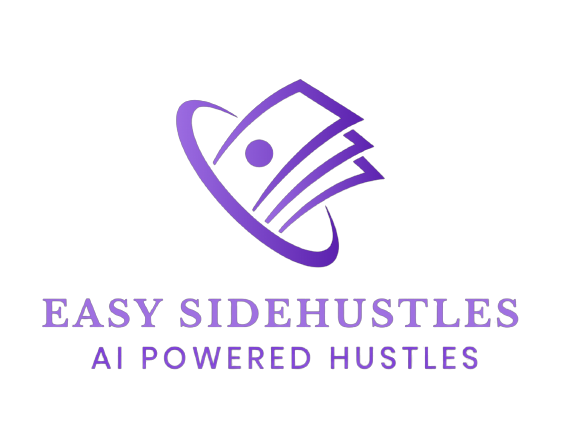The Best AI Tools for Small Businesses: Boosting Efficiency and Productivity
In today’s fast-paced digital age, small businesses are constantly looking for innovative ways to streamline their workflows and maximize productivity. One of the most game-changing technologies that have taken the business world by storm is artificial intelligence (AI). From automating mundane tasks to providing valuable insights and predictions, AI tools offer small businesses the opportunity to optimize their operations and achieve unprecedented growth. In this article, we will explore some of the best AI tools available that can help small businesses boost efficiency and productivity.
1. Chatbots: Enhancing Customer Support
Customer support is a vital aspect of any business, but it can be both time-consuming and resource-intensive. This is where chatbots come into play. Chatbots, powered by AI algorithms, can handle customer queries instantly and provide consistent and accurate responses 24/7. They can be integrated into websites, social media platforms, and messaging apps, allowing small businesses to provide round-the-clock support without the need for human intervention. With features like natural language processing (NLP), chatbots can understand and respond to customer queries just like a human customer service representative would.
2. Intelligent Process Automation: Streamlining Workflows
Small businesses are often burdened with repetitive and mundane tasks that eat up a significant amount of time and resources. Intelligent Process Automation (IPA) uses AI and machine learning to automate these tasks and streamline workflows. From data entry and document processing to invoice management and inventory tracking, IPA can handle multiple processes with speed and accuracy. By freeing up valuable time for employees, small businesses can focus on more important tasks, resulting in increased efficiency and productivity.
3. Predictive Analytics: Making Informed Decisions
Data is the backbone of any successful business, but analyzing vast amounts of information can be a daunting task. This is where predictive analytics, powered by AI, comes in handy. By sifting through historical data, predictive analytics tools can identify patterns, trends, and correlations that humans may overlook. Small businesses can use these insights to make informed decisions, such as predicting customer behavior, optimizing marketing campaigns, or planning inventory management effectively. By leveraging the power of AI, small businesses can stay ahead of the curve and make data-driven decisions that drive growth.
4. Virtual Assistants: Personalizing Customer Experiences
Personalization is becoming increasingly crucial in today’s competitive business landscape. Virtual assistants, powered by AI, can provide personalized experiences to customers, enhancing brand loyalty and customer satisfaction. With the ability to collect and analyze user data, virtual assistants can offer tailored recommendations, answer product-related queries, and even provide voice-enabled shopping experiences. By integrating virtual assistants into websites or mobile apps, small businesses can create a more engaging and personalized customer journey, ultimately boosting sales and customer retention.
5. Sentiment Analysis: Understanding Customer Feedback
Understanding customer feedback is essential for small businesses to improve their products, services, and overall customer experience. Sentiment analysis, a form of natural language processing, uses AI algorithms to analyze customer reviews, social media posts, and other forms of user-generated content to determine sentiment and opinions. Small businesses can then leverage this information to identify areas of improvement, address customer concerns promptly, and make data-driven decisions to optimize their offerings. By using sentiment analysis, small businesses can gain valuable insights into customer perceptions and sentiments, allowing them to adapt and stay competitive.
6. Email Automation: Simplifying Communication
Email marketing plays a vital role in acquiring and retaining customers, but it can be time-consuming to create, schedule, and manage email campaigns manually. AI-powered email automation tools can simplify this process by segmenting customers, personalizing content, and automating email scheduling. These tools analyze user behavior, such as open rates and click-through rates, to optimize campaign effectiveness. By leveraging AI in email automation, small businesses can save time, deliver targeted messages, and achieve higher conversion rates.
In conclusion, AI tools offer tremendous opportunities for small businesses to boost efficiency and productivity. From automating customer support with chatbots to streamlining workflows with intelligent process automation, AI can revolutionize how small businesses operate. By using predictive analytics to make informed decisions, harnessing the power of virtual assistants to personalize customer experiences, and utilizing sentiment analysis to understand customer feedback; small businesses can stay ahead of the competition and drive growth. Implementing AI tools not only saves time and resources but also opens up new avenues for innovation and success. Embracing AI is the key to unlocking the full potential of small businesses in today’s digital era.


